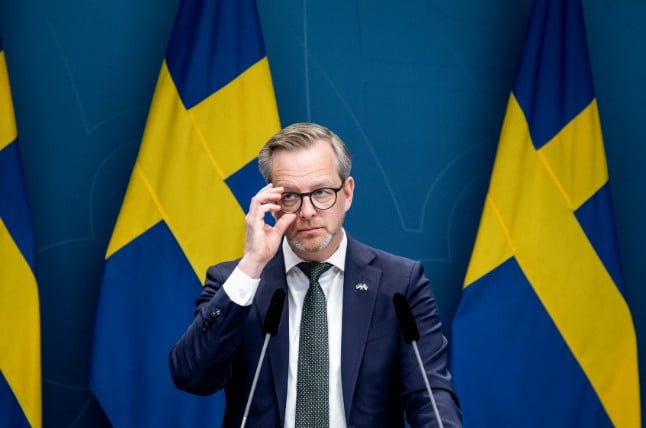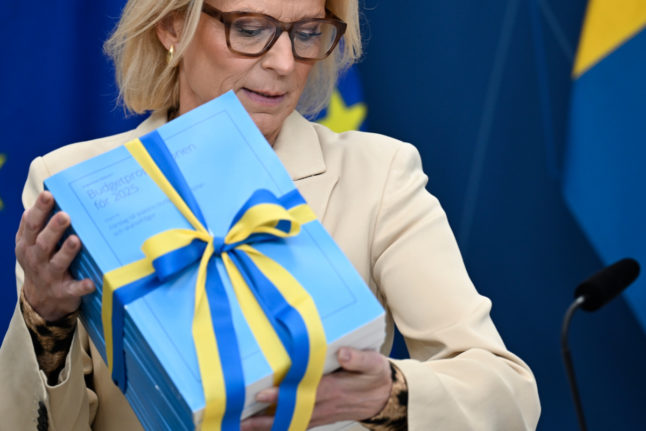The proposed subsidies include a temporary reduction of petrol and diesel taxes, a one-time minimum payout of 1,000 kronor ($104, 95 euros) to car owners, a one-month extension through March of a winter electricity subsidy for homeowners in central and southern Sweden, and a temporary increase in housing subsidies for the poorest families.
Sweden has among the highest prices in the world for fuel due largely to its high taxes, at around 21 kronor ($2.20, 1.99 euros) per litre for petrol and 25 kronor for diesel.
If approved by parliament, the measures would come into effect on June 1.
“We are today presenting an exceptional package of measures to counter the price increases we are now seeing as a result of Russia’s invasion,” Finance Minister Mikael Damberg said in a statement.
“The situation is still uncertain and prices are very volatile, but we can see that we need to support consumers in this acute stage and at the same time take measures to reduce our fossil fuel dependency.”
Prices in February were up by 4.5 percent from a year earlier, Statistics Sweden said on Monday, the highest level since 1993 when the country was in deep economic crisis.
Electricity was 14 percent higher than a year ago, while food prices rose by 3.6 percent and clothes by five percent.
Analysts noted that those increases in February did not include the effects of Russia’s invasion — which began on February 24 — and predicted further hikes to come.



 Please whitelist us to continue reading.
Please whitelist us to continue reading.
Member comments